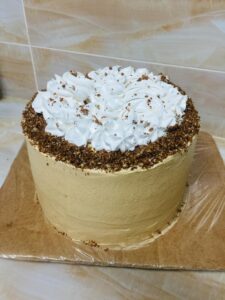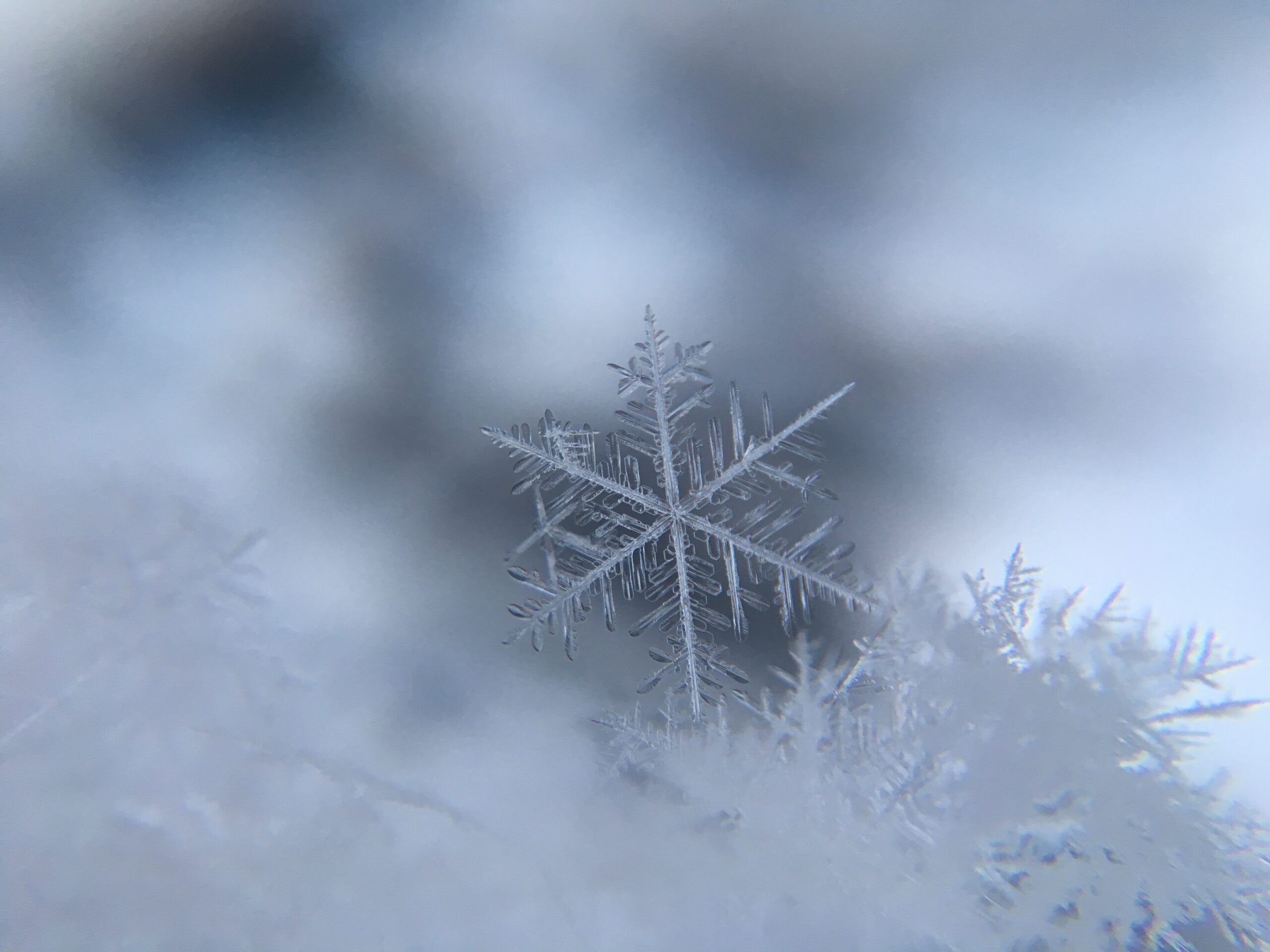
Introducing Letters from Lockdown
As we approach the year anniversary of the COVID-19 pandemic it becomes more and more evident that, despite the promise of vaccines, life won’t be returning to normal anytime soon. The world has been disrupted in a myriad of ways, the depths of which will only continue to unravel as time marches on.
One of the industries that will continue to be disrupted for far longer than anyone would like is tourism. The United Nations World Tourism Organization has estimated that international tourist arrivals dropped 72 percent this past year, representing a loss of $935 billion.
Economics aside, what I’ve missed most about traveling this past year has been the opportunity travel presents to connect with people from other cultures. In living a locked down life in California I’ve found that as the bubble of humans I interact with has shrunk, so too has my worldview. It’s been easy to sink into an existence where the issues that concern me are hyper-local, or at least confined to the United States. It’s been easy to get lost inside myself and forget that there’s a whole world out there beyond my doorstep with people who have been impacted by the global health crisis in ways similar and yet different to me.
With this in mind I’m pleased to launch “Letters from Lockdown,” a new series of interviews where I reconnect with people who impacted me in my travels and hear what life has been like for them and their home towns during this unprecedented chapter in history. First up we’ll hear from Yaniet Cubiero, my tour guide during a 2015 trip to Havana, Cuba.
This Week We’re Talking To:
Yaniet Curro Cabrera, Cuba
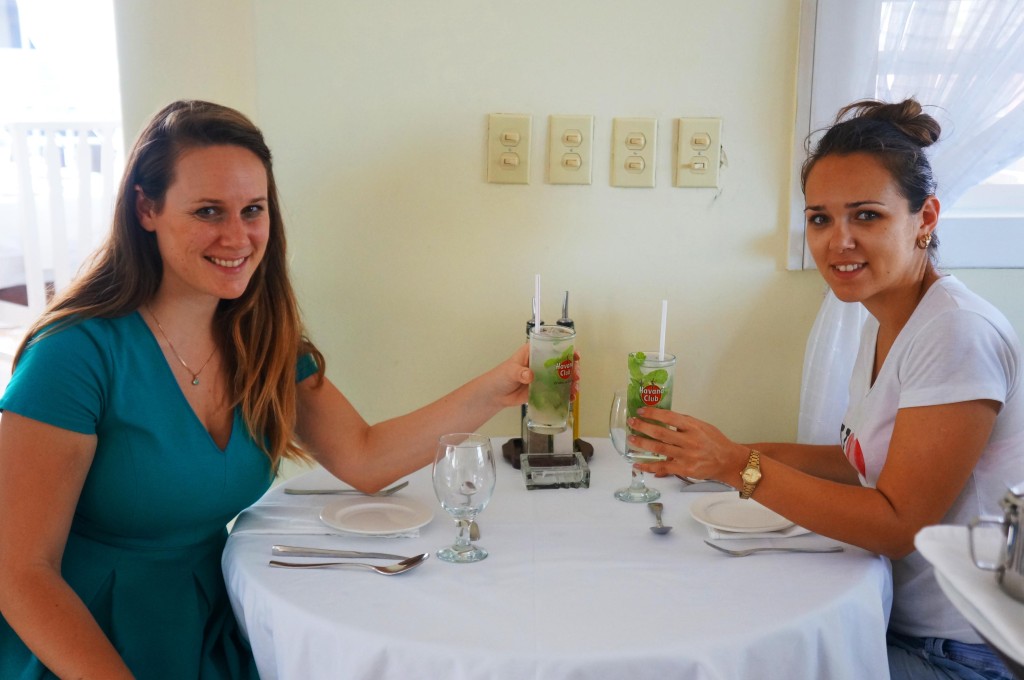
Life in Cuba During the COVID-19 Pandemic
Cuba’s economy is currently facing the worst crisis since the collapse of the Soviet Union, spurred not only by COVID-19 but also by sanctions imposed by the United States. In 2015 President Obama took steps to normalize relations with Cuba, opening the island nation up for business with American cruise ships. When President Trump took office he imposed new sanctions and travel restrictions. Relations between the two countries continue to be strained. In the last weeks of the Trump administration, the U.S. placed Cuba back on it’s list of State Sponsors of Terrorism alongside Iran, Syria and North Korea.
The impact to Cuba’s economy has been catastrophic. In 2020 alone the country’s economy has shrunk by 11%. This has triggered many changes including the end of Cuba’s dual currency system.
Yaniet Curro Cabrera studied English Interpretation and Translation at the Universidad de Camagüey “Ignacio Agramonte Loynaz.” After graduating she went on to work as a tour guide in Havana at Locally Sourced Cuba Tours. She currently lives in Camagüey with her young son and family. Read on for our letter from lockdown conversation to learn what life has been like in Cuba during the COVID-19 pandemic.
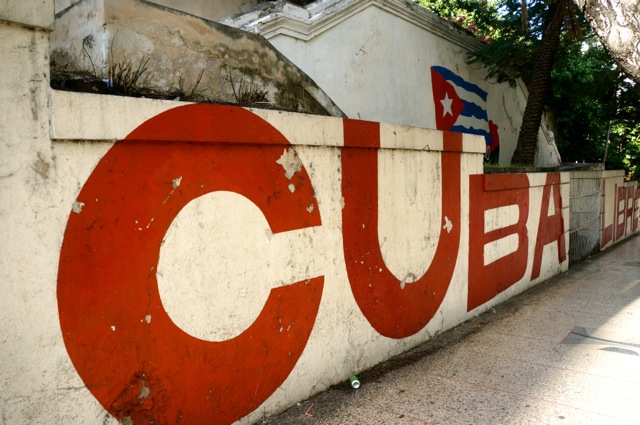
What were you up to before the pandemic hit?
I was a tour guide in Havana before the pandemic but a few months before [the pandemic] hit us I didn’t have much work since Trump stopped the American cruise ships from coming to Cuba so that hit me before COVID did, but the pandemic certainly stopped any hope for me to get back to work.
What has life been like in Cuba during the pandemic?
I’m living in Camagüey right now. Life in Cuba has been a bigger challenge this year. As you may know our economy has never been in a good place so with the pandemic it got worse in ways you probably can’t imagine. We have even a bigger shortage of food than ever, doesn’t matter if we have the money to buy it, it’s just not available and when it is it’s very limited and the lines to get it are a nightmare.
[There was] an obligatory lockdown only in the capital city of Havana and some districts that were more affected [by the pandemic]. We had to wear masks at all times. We still do but only in crowded places.
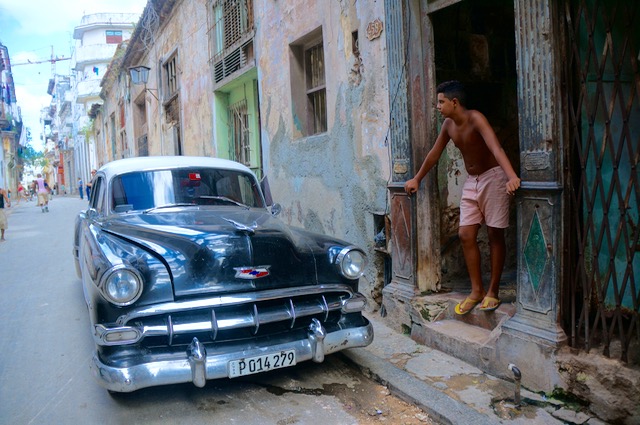
How have you been coping during this difficult time? For me, I’ve been spending a lot of time in nature and the kitchen.
I haven’t been too close to nature lately but the kitchen… yes! More than I could ever imagine. I’m actually opening a baking business. The pandemic made me practice my baking skills and I got very into it. So since I don’t know when and for how long I’ll be back working as a tour guide, I’ll be doing this.
About the baking business, I don’t have variety of ingredients so I’m making dulce de leche cakes mostly.
If there’s one recipe or dish from your culture that you’d recommend others try to feel like they are traveling what would it be?
If anyone would like to feel they’re in Cuba they should try rice and beans [In Cuba this dish is called Arroz Congri]. Here is a good congris recipe:
Ingredients
2 cups black beans
6 cups of water
3 cups white rice
1 red pepper (not hot)
1 onion
6 pieces of garlic
1/2 cup cooking oil or pork fat
1 teaspoon of cumin
Salt to taste
Directions
1. Cook the black beans with water in a pressure cooker for about 45 minutes (this depends on the type of beans)
2. Prepare a “sofrito” (Cuban base with diced onions, garlic and bell peppers)
3. Put the rest of the ingredients except the rice in a pan for about 5 minutes, don’t let the garlic overcook
4. Once the beans are well cooked but not too soft like when you’re making a “potaje” (Cuban soup) add the rice and the “sofrito” and let cook for another 10 or 15 minutes with or without pressure it doesn’t matter since the beans are already softened I like adding a little more cumin at the end and put the lid on for a few minutes before mixing it up.
Are there any revelations you’ve had about life during the pandemic?
I’m very happy to have found myself again working out and I don’t think I’ll quit ever again!
There’s nothing like family but the family that really gives and doesn’t take away, the family that loves you and is there for you like mine.
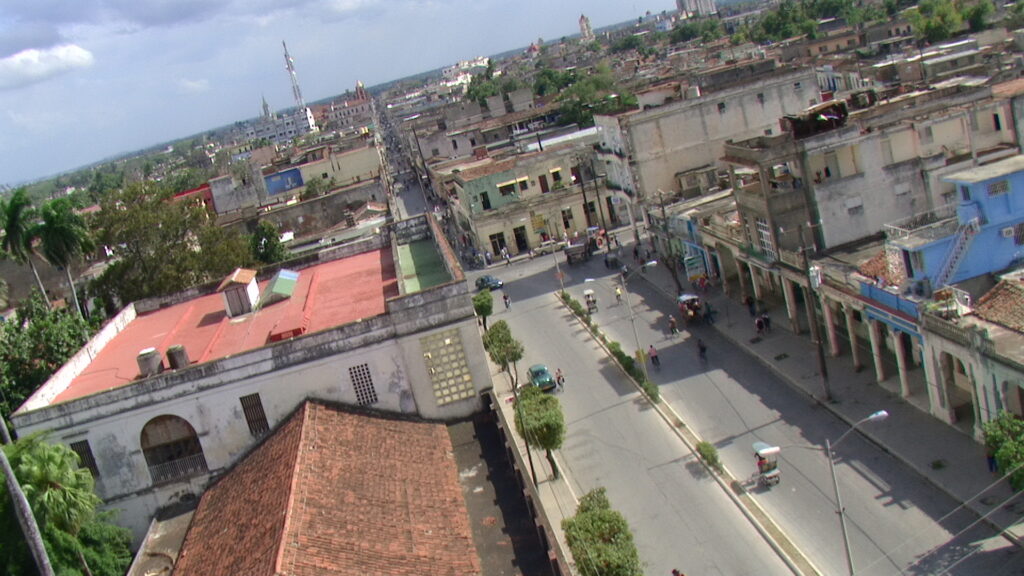
When it’s safe to travel again, what recommendations do you have for travelers to Cuba?
Camagüey is my home town and it’s, to me, the second prettiest city in Cuba after Havana. I would recommend travelers to visit Camagüey’s historical center and enjoy the architecture and amazing vibe this city shows. And of course don’t miss Havana, Viñales and Trinidad!
The best way to learn from Cuba is talking to a native there’s nothing like that in the books.
Thank you Yaniet! Stay safe and stay healthy.


